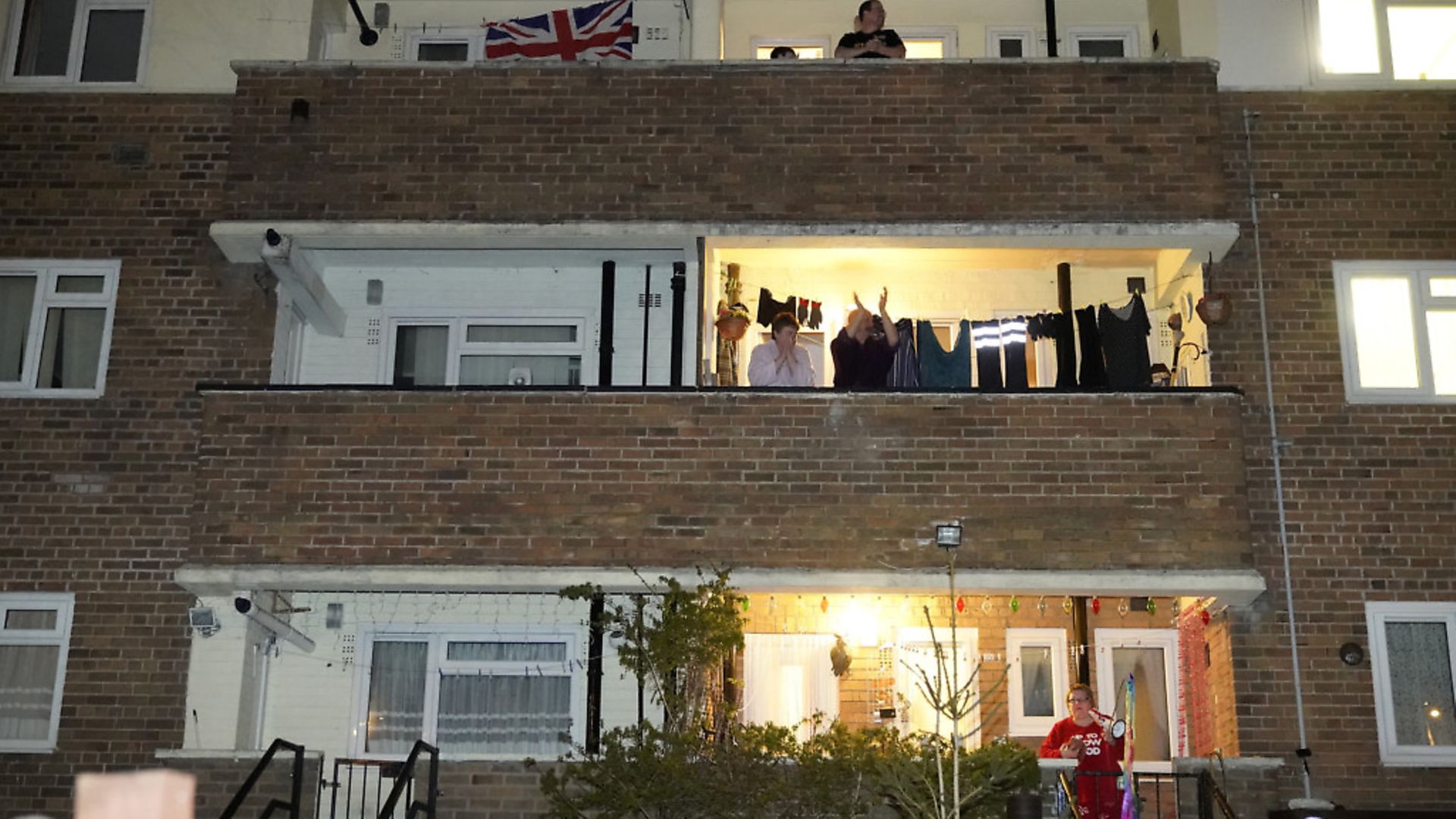
Foreign correspondent Christina Lamb on what covering conflicts abroad has taught her about life – and good and the bad – carrying on in extraordinary circumstances.
In these strange times in which we find ourselves, I started listing things that make me happy. Listening to bossa nova. Eating grilled sardines in the alleyways of Alfama, Lisbon’s old Arab quarter. Watching a pink moon rise over the rooftops. The smell of a new book. The feel of soft, white sand underfoot. The first snow in Kabul. The taste of fresh pomegranate juice. The frivolity of feather boas.
Once I interviewed Paulo Coelho, one of the world’s most successful writers, and he told me he only starts writing a new book when he sees a white feather. I thought this was odd, then I saw a white feather on the train home and on the sofa in my living room and I realised white feathers are everywhere – if you look for them.
That got me thinking about things we don’t see, which is very much the job of a journalist, uncovering things we might not notice or people don’t want seen, and in particular the way women have been written out of history.
I never imagined living through plague, but I have spent a lot of time in war. Mostly what people see when they look at war is what I call the bang-bang. What fascinates me, however, is not the fighting but the people living behind the lines trying to keep life together as all hell is breaking loose around them. To me, they are the real heroes, and they are often the women, somehow feeding and educating the children and caring for the elderly.
Often, I found it hard to explain to people back home how, in the midst of all this, whether in Afghanistan, Iraq or Syria, life still went on. People fell in love, had babies, went shopping, to the bank, even as they dodged snipers or escaped suicide bombings. I remember how surreal it was walking through the apocalyptic streets of the Old City of Aleppo long under siege from Assad, building after building reduced to rubble and ashes, and suddenly coming across a small shop where a man was selling cigarettes and falafels.
Now we are engaged in our own war, we see how quickly we adjust to this strange new normality where people wear masks to go shopping and do the corona-swerve to avoid passers-by, where every morning sounds like a Sunday, and our heroes are not just the NHS finding themselves on the frontline but truck drivers, bin-men, carers, postmen, bus drivers, those manning supermarket tills – people we looked at but didn’t really see.
At the moment, we are living in fear of something we can’t see – and that will attach on many of us through its crown-shaped spikes and kill some but not others for reasons we do not yet know.
As we try to shield ourselves by staying behind closed doors, life under lockdown is producing lots of things we don’t normally see – from goats window-shopping in the empty streets of Llandudno to cuckoos and blue tits in the gardens of central London.
I often talk about the kindness and strength people discover amid war and we are seeing that too, from the hundreds of thousands volunteering to all the neighbourhood WhatsApp groups offering shopping services and friendly voices.
Just as the Bosnian war saw a proliferation of window-boxes in Sarajevo, here, too, we are finding solace from growing things – as well as useful nutrition.
But there is also a dark side. Just as the heroic role of women in war is too often neglected, so is the brutality against them – wars bring widespread rape, whether as a deliberate weapon or from those taking advantage of the chaos.
There has, of course, always been rape in war. You only have to open the Bible or the very first work of written history by Herodotus to see that the Greeks, Persians and Phoenicians were all at it and, indeed, Rome was founded on abduction of women. More recently, there were the estimated two million Germans raped by the Soviet Red Army at the end of the Second World War, and the thousands of women and girls kept as ‘comfort women’ by the Japanese.
Yet it is almost never prosecuted, nor even mentioned in the history books. In the Philippines, last year, I met some of the last surviving comfort women, still waiting after 75 years for as much as an acknowledgement.
Over the last few years, I have seen more and more such violence, whether girls captured and taken as ‘bushwives’ by Boko Haram in Nigeria, Rohingya tied against banana trees and gangraped by Burmese soldiers, or Yazidis rounded up and kept as sex slaves by Isis fighters who traded them with ownership documents as if for the sale of a car. Not a single one of these men has been prosecuted.
Just as war breeds sexual violence, we are seeing how, already in this lockdown, abusers are finding untold opportunity to terrorise their victims. With people forced together in confined spaces, day after day, week after week, there are reports of a huge spike in domestic abuse, as much as 30%, what the UN is calling a shadow pandemic.
Nor is it just violence against women or children. Last week, talking to people living a rabbit-hutch existence in a London tower block, where one family of five in a two-bedroom flat told me they fear suffocation as much as coronavirus, I heard about violence from children against adults, young people addicted to drugs lashing out at those around them.
Just as at the end of a war, there are hundreds of thousands of hidden victims who go ignored, their suffering sidelined in the face of those who have been killed or lost loved ones. When we finally come out of this, many will have suffered unspeakable ordeals from which they will never recover yet may remain silent.
Look around you. There are white feathers everywhere. Next time you spot one, think of all the things we don’t see.
• Christina Lamb’s latest book is Our Bodies, Their Battlefield: What War does to Women, published by William Collins
• This article was originally published by Tortoise. Tortoise is committed to open, inclusive journalism and helping its members make sense of the world around them. Try it today – download the Tortoise app and you can get your first 30 days for free.









